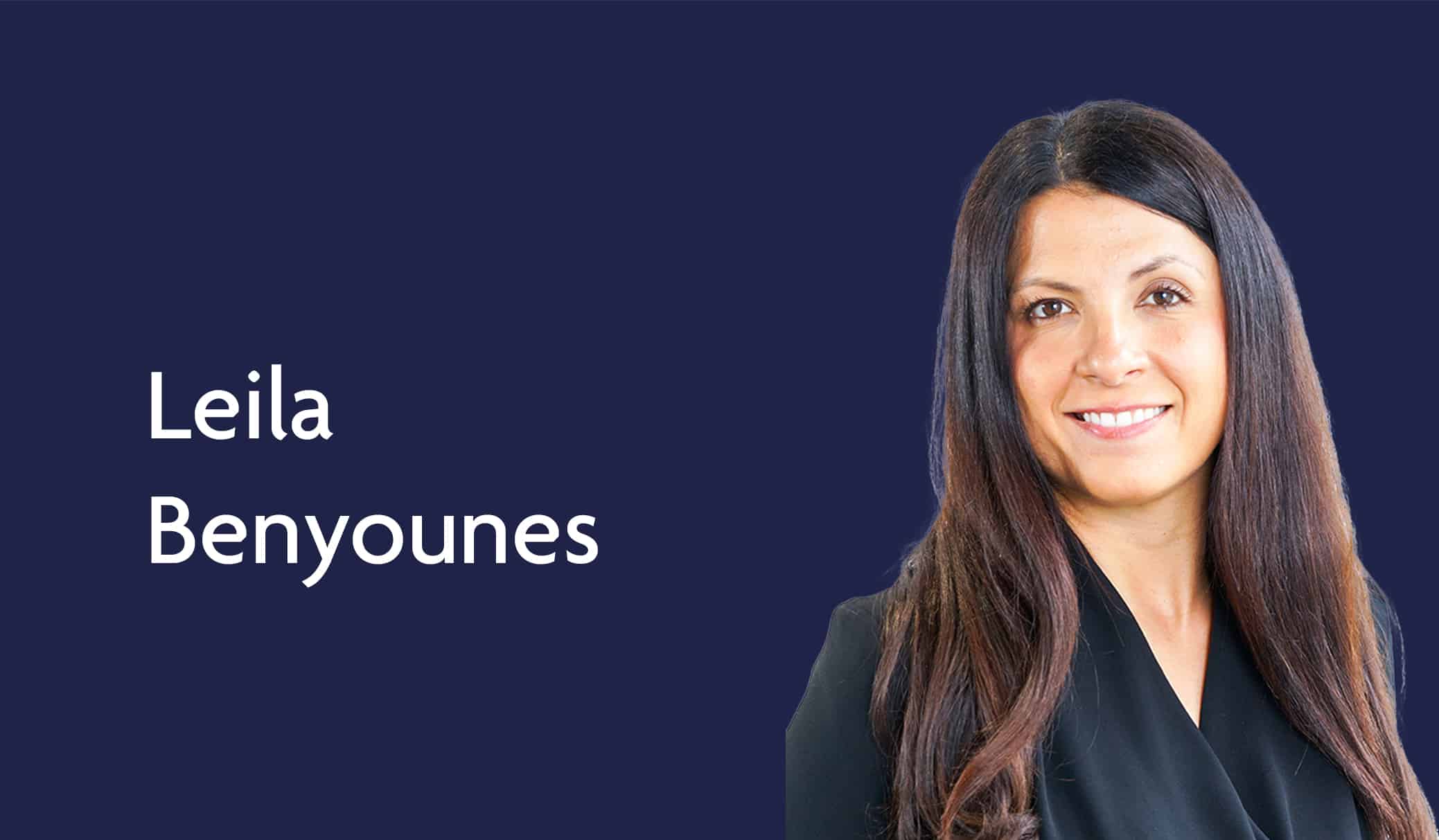Hughes V Rattan [2022] EWCA Civ 107: Non-delegable duties and vicarious liability: a case summary to sink your teeth into
![<em>Hughes V Rattan </em>[2022] EWCA Civ 107: Non-delegable duties and vicarious liability: a case summary to sink your teeth into](https://www.parklaneplowden.co.uk/app/uploads/2022/02/Dentistery-Xray-Denture-Dentist.jpg) Parklane Plowden, barrister, Clinical Negligence, Dentistry X-ray Denture Dentist image
Parklane Plowden, barrister, Clinical Negligence, Dentistry X-ray Denture Dentist imageWritten by Abigail Telford
Summary
The Defendant was a dental practice owner who owed the Claimant a non-delegable duty of care in respect of the treatment provided to her by self-employed Associate Dentists. He was not, however vicariously liable for their actions on the basis that the relationship between the Defendant and Associate Dentists was not one akin to employment.
Case Note
Between August 2009 and December 2015, the Claimant received dental treatment at the Manor Park Dental Practice (“the Practice”). The Practice was owned by Dr Rattan (“the Defendant”), who was the principal dentist and Practice Owner.
The Claimant brought a claim against the Defendant in relation to treatment provided to her by against four Associate Dentists.
The Defendant denied that he was liable either by virtue of vicarious liability or a non-delegable duty of care.
As a preliminary issue, the case addressed matters of the duty owed by the Defendant to the Claimant.
At first instance, Heather Williams QC (now Heather Williams J) found for the Claimant in relation to both vicarious liability and the non-delegable duty of care.
Non-delegable duty
On appeal the Court of Appeal held that the Claimant satisfied the five criteria identified by Lord Sumption at paragraph 23 of Woodland v Swimming Teachers Association and others [2014] AC 537 such that the Defendant owed her a non-delegable duty of care:
- The Claimant was a patient and was therefore vulnerable or dependent upon the protection of the Defendant against the risk of injury.
- An antecedent relationship between the Defendant and the Claimant was established on each occasion that the Claimant signed a Personal Dental Treatment Plan, which she was required to do before NHS treatment was carried out. This placed the Claimant in the Defendant’s care because he was the owner of the Practice. The duty was a positive one to protect the patient from injury, not simply to avoid acting in a way that foreseeably caused injury, and it involved an element of control over the patient.
- The Claimant had no control over how the Defendant chose to perform his obligations. Any preference she expressed to a choice of dentist was only a preference.
- Criteria 4 and 5 were not in issue. The Defendant had delegated to a third party a function that was integral to the positive duty owed (4) and that party had been negligent in how it performed that function (5).
Accordingly, the appeal was dismissed.
Vicarious liability
Although the Claimant had been successful in respect of the non-delegable duty of care, the Court nonetheless went on to express its views as to vicarious liability on an obiter basis.
In summary, the Defendant averred that the judge attached too much weight to factors suggesting his relationship with Associate Dentists was akin to employment and insufficient weight to factors pointing in the other direction.
The Court noted that in Various Claimants v Barclays Bank Plc [2020] UKSC 13Baroness Hale stated that “the question therefore is, as it has always been, whether the tortfeasor is carrying on business on his own account or whether he is in a relationship akin to employment with the defendant”.
The Court of Appeal found that in this case, this criteria was not met for various reasons including:
- Associate Dentists were free to work at the Practice for as many or as few hours as they liked and for other Practice Owners and business owners.
- The Defendant had no right to control nor had he sought to exercise any control over the clinical decision made nor the manner treatment was carried out.
- Associate Dentists were responsible for their own tax and national insurance payments and were treated as independent contractors by HMRC.
- The Defendant took most financial risks, but Associate Dentists shared the risk of bad debts.
- Associate Dentists were required to indemnify the Defendant against any claims made against him in respect of their treatment of patients.
Although there were some factors weighing in the other direction, those factors did not outweigh other factors against a finding of vicarious liability.
Opinion
This is a useful case in when considering non-delegable duties of care and vicarious liability in that it sets out some of the factors that can work in favour and against such findings, particularly where there is not a clear employer-employee relationship.
Abigail is a specialist clinical negligence and personal injury barrister at Parklane Plowden.










